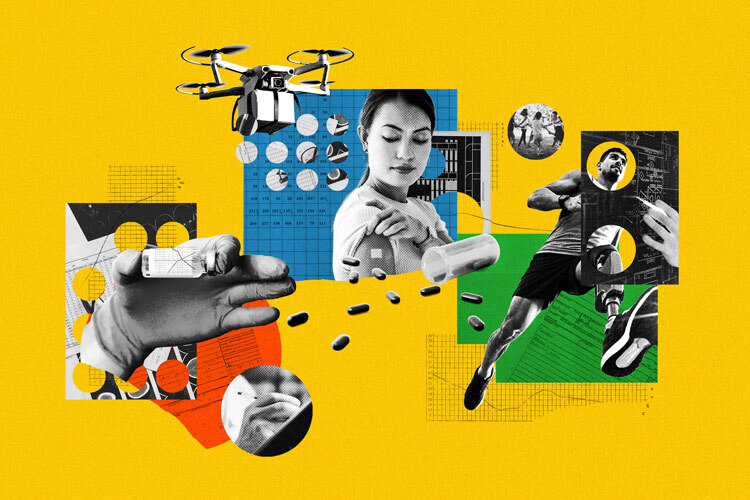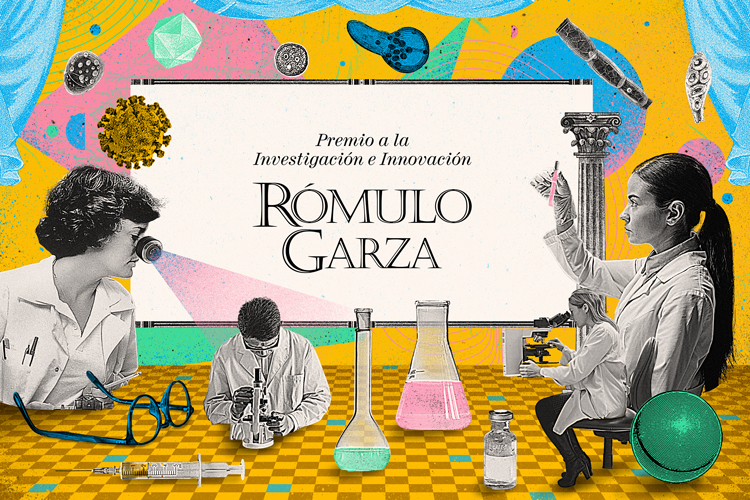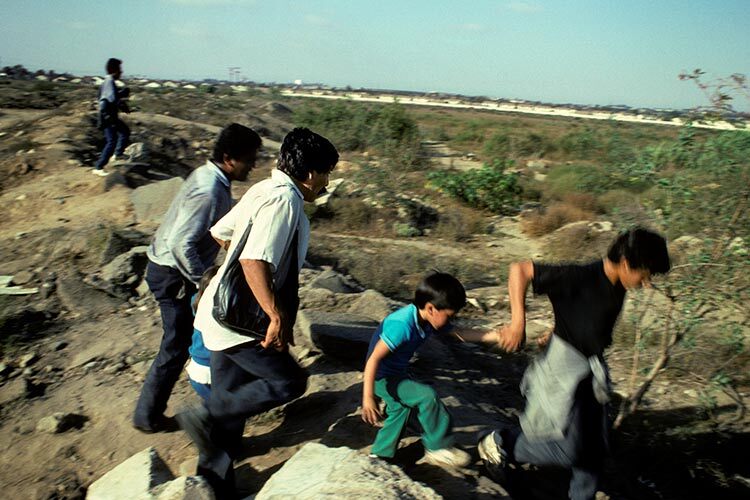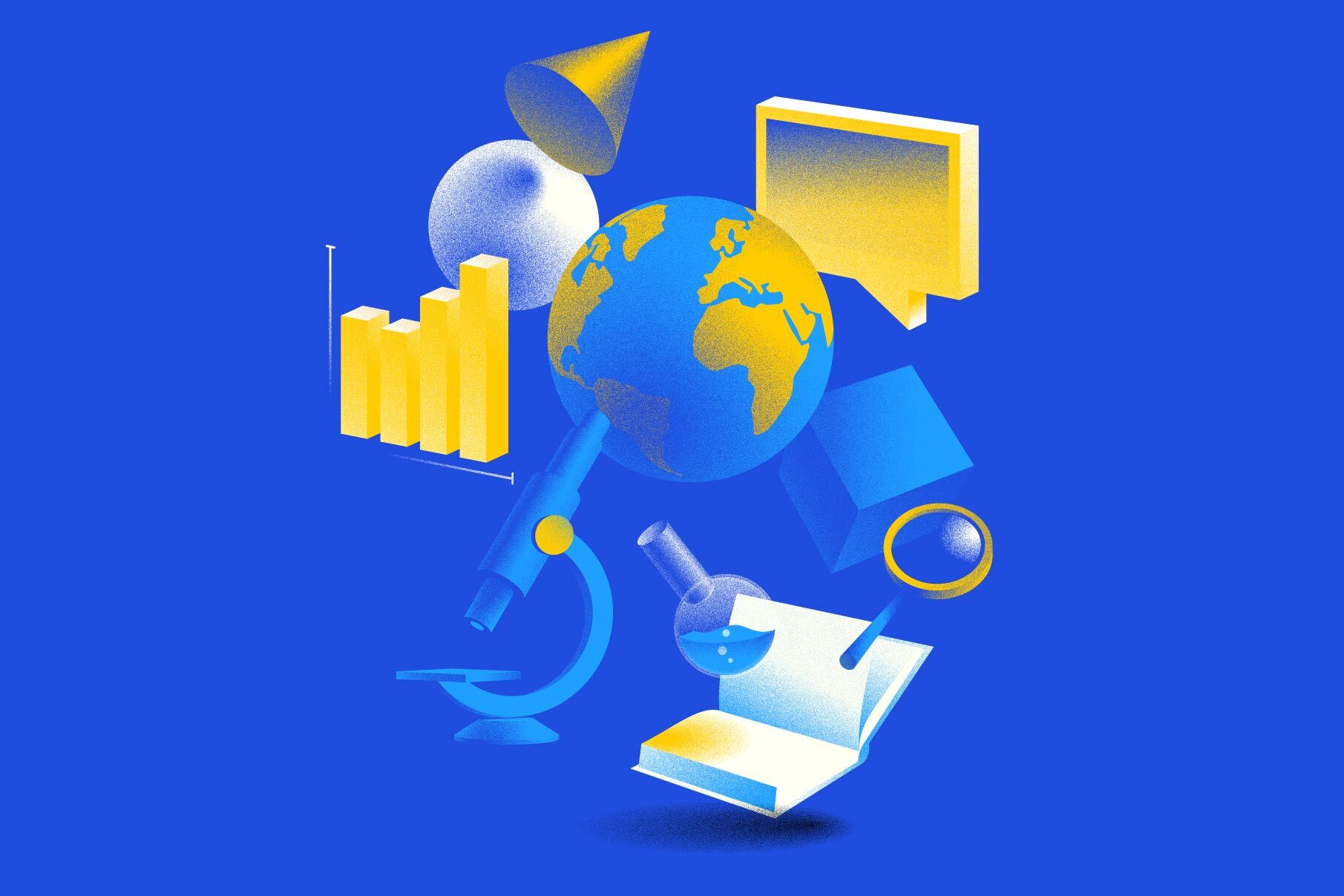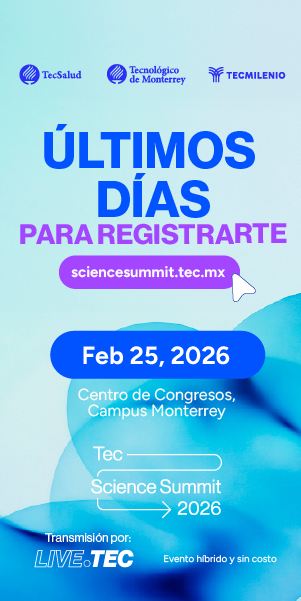By Rebeca Ruiz | National Editorial Team CONECTA
Tec de Monterrey’s Executive President, David Garza, announced the creation of the Vice Presidency for Future Learning to advance and solidify teaching and learning processes.
“This new vice presidency will focus on leading the way in lifelong learning, promoting innovation, and integrating artificial intelligence (AI) into education,” said Garza.
During his message to Tec’s faculty and staff, Garza emphasized the significance of this initiative for the institution.
“The world offers extraordinary opportunities for transformative change to those of us who believe in the power of education and face the future with the conviction that it can be better.”
He added that the Tec de Monterrey community is eager to continue contributing to Mexico’s development, positively impacting millions, and expanding its international presence through education.
“We recognize the incredible potential of emerging technologies, like artificial intelligence, to enhance learning for millions of Spanish-speaking people worldwide.”
Garza also mentioned that Microsoft’s global CEO, Satya Nadella, recently praised TECgpt —a Tec-developed AI-powered ecosystem— as a successful example of AI adoption in Mexico.
“We believe we can impact even more people with high-quality programs that are effectively aligned with what businesses will need in the future,” Garza added.
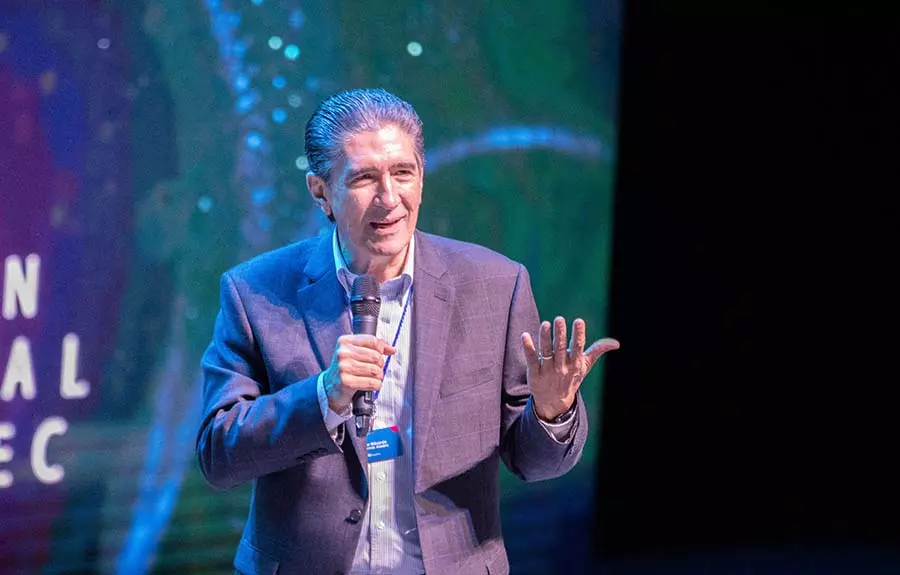
About the Vice Presidency for Future Learning
Víctor Gutiérrez will lead the new vice presidency. According to Garza, its mandate will rapidly expand access to high-quality lifelong education (in non-degree programs) and the traditional degree-based programs (undergraduate, postgraduate, and high school) that Tec de Monterrey already offers.
“The creation of this vice presidency stems from our recognition of national and global educational needs. Today, we understand that lifelong learning, at different stages, is crucial to staying productive in a constantly changing world,” said Gutiérrez.
He also emphasized that Tec aims to proactively shape the future university model through AI, new technologies, and learning analytics.
“Our goal is to reach more people of all ages beyond traditional degree-based education. It’s essential to understand and develop the skills and capabilities needed to seize the opportunities presented by technologies like AI today.”
“We’re Not Starting From Scratch”: David Garza
In his message, Tec de Monterrey’s Executive President recalled that the institution has demonstrated its ability to transform itself at various points to better serve the community.
He shared that the university is working on a strategic plan through 2030, with lifelong learning and the future of education as key pillars.
Lifelong learning refers to a person’s education during and after formal academic studies to broaden their knowledge and improve their personal, social, and professional skills.
“This is possible because we’re not starting from scratch—we’ve made remarkable progress compared to where we were before the pandemic,” Garza noted.
Along with the creation of this new vice presidency, it was announced that Juan Pablo Murra, who has been serving as the university’s Rector of Undergraduate and Postgraduate Programs, will also take on the responsibilities of Rector of Operations, now holding the title of Rector of Tec de Monterrey.
“With this evolution, Tec and its community are in the best possible position to amplify their impact as a transformative platform,” the institution said.

